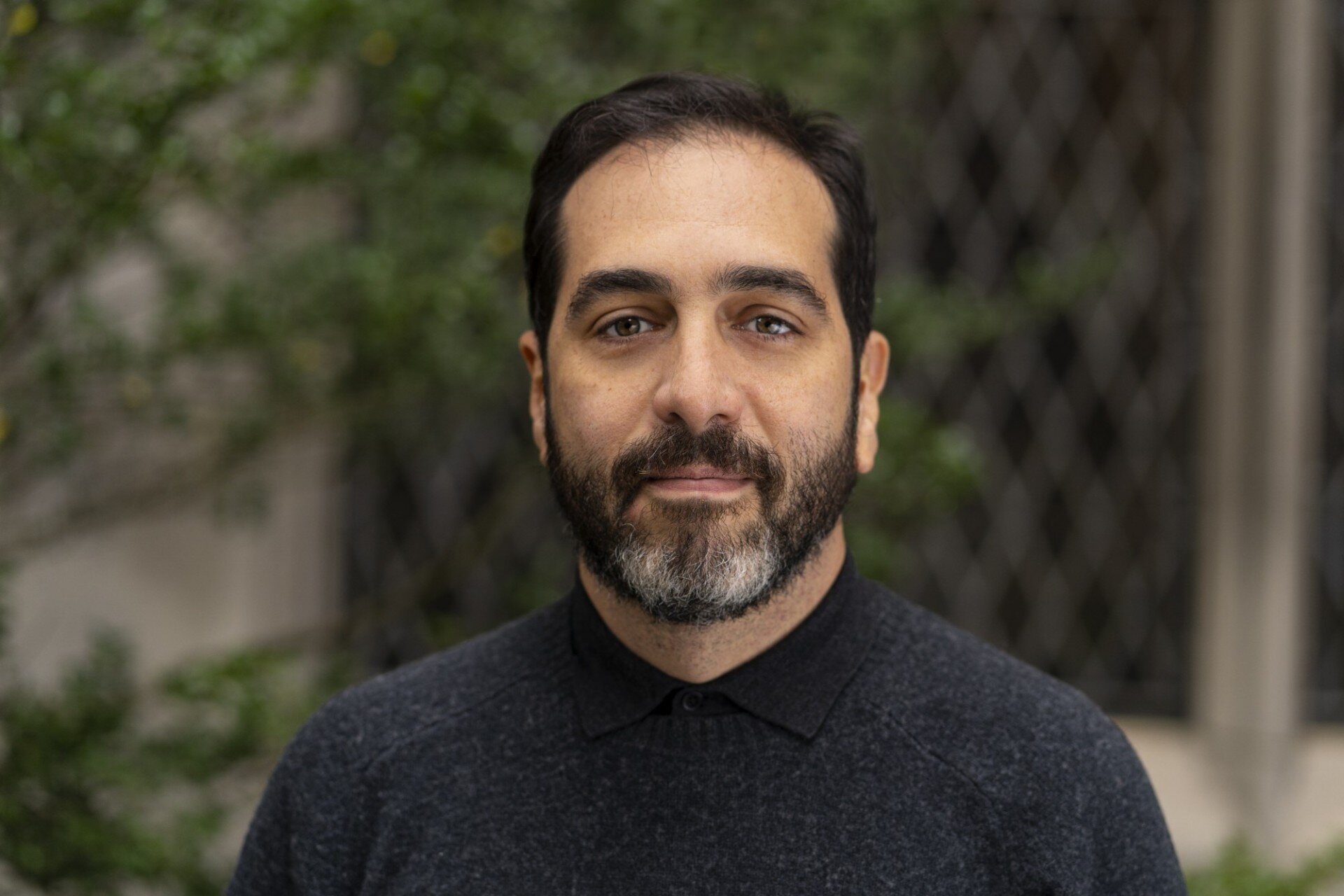The olive tree (Olea Europaea) is a tree native to the Mediterranean Basin that has been cultivated at least since the 6th century BCE. Syria, Palestine, Lebanon and Jordan are believed to be the tree’s regions of origin. As expected, Jordan is home to some of the oldest olive trees in the world, dating back to pre-Roman times. These trees have an important meaning for all believers in the great monotheistic traditions of the region. Indeed, olive oil assumes a distinctive significance in different celebrations all throughout the year –and in the particular lives of believers. Oil is frequently associated with the divine and has been deemed a tangible symbol of God’s favor.
This connection is particularly pronounced in the concept of the anointed one. In the Hebrew Bible, prophets and kings were anointed with oil, signifying their being set apart by God for a specific purpose. This practice is reflected in the Christian Bible, where Jesus is referred to as the “Messiah” –that is, the “anointed one.” The Holy Qur'an and Sunna also name the olive tree as a blessed tree and its fruit is considered halal.
Oil also plays a role in various celebrations and liturgical practices. In some Christian traditions, oil is utilized in infant baptism, symbolizing the Holy Spirit’s presence and marking the child’s entry into the faith. Similarly, anointing with oil can be a component of ordination ceremonies for priests, or blessings for the sick. This use of oil serves to highlight its connection to spiritual cleansing, consecration, and the divine blessing that flows from God.
An ancient tree
Olive cultivation in Jordan is lost in the mists of time. Even today, trees that are more than 2000 years old still survive, such as the one preserved at Al-Duwaireh, near Madaba, or the olive groves of Aljoun, Jerash, and Salt. But excavations in the Wadi Rum area, conducted in collaboration between a Jordanian and a French team, revealed the presence of olive trees as early as 5400 BC, based on carbon analysis of charred wood utilized in ancient bonfires. Indeed, olive oil mills are a pervasive discovery in archaeological excavations across all periods. It is not an exaggeration to say that, wherever you go in Jordan, you will find the remains of an ancient oil mill.
For Jordanians, the olive tree represents a fundamental aspect of identity and culture, referenced as it is in all holy books. Historically, the olive tree has been a source of wealth, useful for illumination, warmth, food, medicine, and perfume. In addition, the olive tree has been considered a symbol of peace, purification, fertility, wisdom, victory, and power.
Culturally and socially, Jordanians are deeply attached to the olive tree. Olive groves are considered regional heritage, and oil has always been a quintessential part of the local diet. Indeed, olive trees account for most of the trees currently grown in Jordan.
The predominant olive varieties are Nabali and Rasie, both indigenous and cultivated for centuries. Another local variety, called Souri, is grown in Ajloun and Jerash governorates and has unique organoleptic characteristics.
Olive farming in Jordan has important environmental and social implications. Olive trees serve to reduce soil erosion during the rainy season by providing cover for dry grounds, thus lessening the impact of rainfall on fragile soils. Consequently, olive trees are one of the main agents against desertification, helping to maintain the traditional landscape. Furthermore, olive groves are highly valued recreational areas in regions in which forests are scarce –as in the Jordanian south.
Olive oil production in Jordan has increased significantly, allowing for exports since 2000. Jordanian olive oil (particularly extra virgin) is distinguished by its aroma of ripe olives with hints of apple and other fruits, with an almost total absence of bitterness. This high-quality oil is ideal for both local and international markets, and particularly suitable for the high-end hospitality sector, gourmet olive oil distributors, and wellness and skin care products. It is a distinctive product, combining traditional techniques with modern technology, preserving its cultural, social, and economic importance within the country –and the Mediterranean region as a whole.




